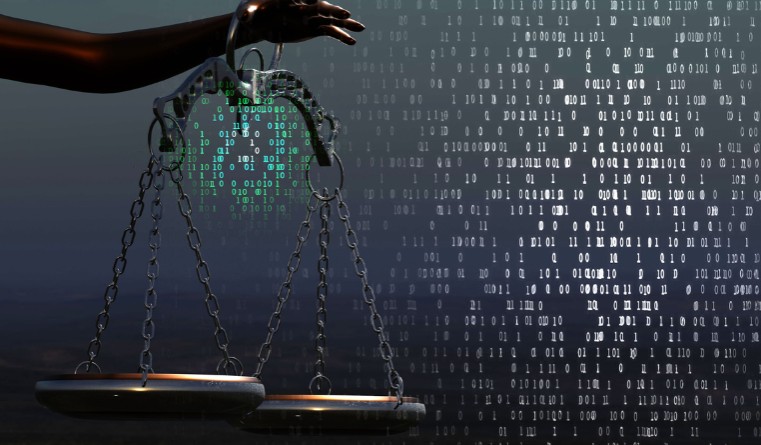Panel formed in India to review copyright law in the era of AI
21 May 2025

Savitha K. Jagadeesan | senior resident partner at Kochhar & Co., Chennai
The Commerce Ministry of India formed an eight-man panel in April, tasked to review the country’s Copyright Act of 1957 and see if it is robust enough to address cases involving artificial intelligence, according to a report from Reuters.
The panel is composed of representatives from government and industry as well as intellectual property lawyers. The group is also expected to make recommendations if necessary, according to the report.
“An act that is decades old definitely requires revisiting, especially in the era of AI, because the Indian Copyright Act does not, in any manner, provide any clarity on ownership with respect to the same,” revealed Savitha K. Jagadeesan, senior resident partner at Kochhar & Co. in Chennai.
According to Jagadeesan, an ongoing case in the Delhi High Court involving some of India’s top media outfits and an alleged copyright infringement of their material by OpenAI has exposed the fallacy surrounding the adequacy of the law.
“However, the understanding of the law in the context of AI use is still unfolding. Copyright law by large has always looked at human intervention and artistry. This evolved to some degree whereupon output, if determined to a particular, could be ascribed copyrightability. However, in the end, authorship was always at the forefront. With the evolution of computers and AI, this authorship has gone way ahead of human direct authorship, and it would require looking at ultimate ownership. AI-related tools are freely available. Many who use these tools, free or paid, might be minimally involved in the output. However, can the law be able to draw the distinction and ascribe authorship to a user against the platform is a matter that requires thorough examination,” explained Jagadeesan.
She added that in many jurisdictions, copyright is still protectable when it is human-generated. This means those generated through machine learning or AI would fall in the public domain.
“If there is a varied handling by jurisdictions of AI copyrightability, this itself will erode the foundations of AI copyright law as the AI model is ubiquitous. Therefore, any determination of this law would require the Indian panel to understand the stand of different countries before reaching a conclusion on how to ascribe authorship in the AI era,” Jagadeesan said.
- Espie Angelica A. de Leon






